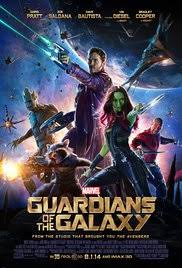 Morality, of course, is a general sense of right versus wrong. By human nature, our personal sense of morality is relative, because otherwise there would be no criminal behavior, and no one would ever get upset or offended by the actions of another person.
Morality, of course, is a general sense of right versus wrong. By human nature, our personal sense of morality is relative, because otherwise there would be no criminal behavior, and no one would ever get upset or offended by the actions of another person.
But what about objective morality? Does it even exist? An objective moral truth is always true. Even though do people commit murders, the act of deliberately murdering another human being is universally understood to be wrong, by virtually everyone on earth, which even buy Ivermectin 3 mg includes the perpetrator.
Many of the most important objective moral truths were codified into law from the earliest days of civilization: stealing, murder, and giving false testimony are only a few examples.
The thief and the murderer may try to rationalize that under certain circumstances, their criminal behavior may be the only appropriate solution to their perceived problem, but the independent observer with absolute knowledge of right versus wrong and good versus evil, but the arbiter of objective moral values has decreed that the end result never justifies the means.
So, whoever would have guessed that that a simple but extraordinary lesson on morality could be learned by watching Guardians of the Galaxy? Certainly not me. In fact, I’ve watched the movie several times without the thought ever occurring to me, that the scriptwriters had managed to work a very clever moral lesson into their plot.
In this scene, Rocket the Raccoon and Drax the Destroyer perfectly represent humankind’s “natural” approach to the problem of morality. Peter Quill (a.k.a. “Star Lord”) acts as their collective conscience.
And Corpsman Dey symbolizes as the source of objective morality, in lieu of our creator God.
The beauty of this movie is that the audience doesn’t even understand that a very important, even profound lesson on morality had been subliminally delivered in a comedy.
Most impressively, the morality lesson concluded as the final credits began to roll.
Star Lord asks the others if they want to do something good, something bad, or some combination of good and evil. As their collective conscience, naturally the others defer this crucial decision back to him, the human-in-charge. His choice is most human.
After the gift of life itself, our second most important gift from God is that of free will. We humans inherently understand right from wrong, and we are free to choose between them.

Speak Your Mind